
Swiss Region Votes to Ban Burqas
The Swiss canton of St. Gallen voted Sunday to ban face-covering veils in public. Roughly two-thirds of voters supported the measure, but turnout was low at 36%.
The ban, which is clearly aimed at the Muslim burqa, has already been implemented in the canton of Ticino.
St. Gallen’s regional government approved a ban on face coverings last year which threatens to fine any individual who “renders themselves unrecognizable by covering their face in a public space, and thus endangers public security or social and religious peace.” Sunday’s vote was held at the insistence of the Green Party and Young Socialists, who had hoped to overturn the ban.
According to local lawmaker Basil Oberholzer, it is unclear exactly what penalties offenders will face – as it will be up to police to decide on a case-by-case basis whether the face covering is a threat to public safety or to religious peace. “[This] is a symbol of what freedom you grant to people, and in this regard the result is disappointing,” said Oberholzer.
The issue will be put to a nationwide referendum next year following the right-wing Swiss People’s Party’s collection of more than 100,000 signatures. Data from Swiss publications suggests that up to 76% of the population supports a ban on face-covering veils.
In the meantime, Switzerland’s federal council (which opposes the ban) thinks the issue should be left to the cantons.
A nationwide ban “would make it impossible to take into account the individual cantons’ differing sensitivities, in particular removing their ability to determine for themselves how they wish to treat tourists from Arab states who wear facial coverings,” said the council in June.
Author’s Note: Several jurisdictions throughout Europe have banned face coverings following the massive influx of Muslim refugees, but the vote in Switzerland is somewhat surprising considering the low level of religious tension there as well as the small Muslim population (about 5% of 8.5 million people).
The ban is a clear violation of freedom of religion – but that’s an American right not a European right. At the end of the day, the ban is a reasonable reaction to the increasing Muslim population. People are concerned, and rightfully so. I expect the nationwide referendum to succeed.



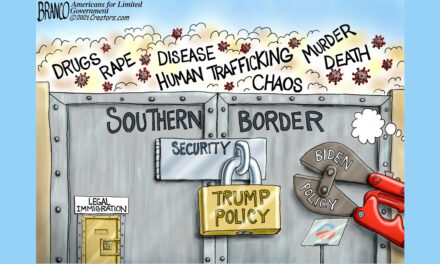


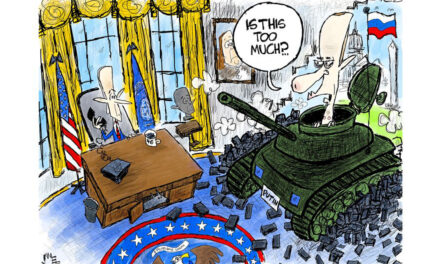

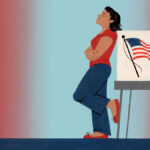


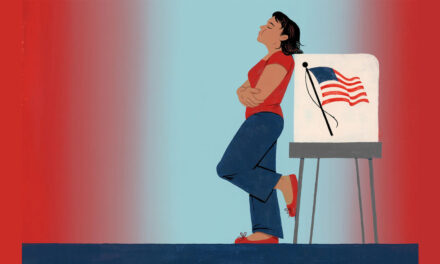




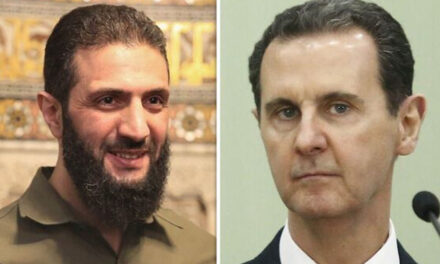
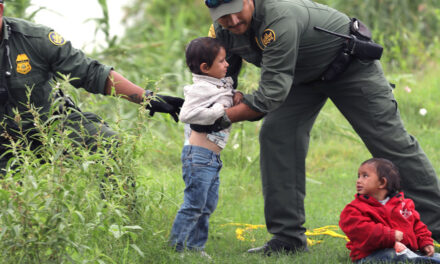
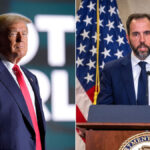





If ya'll say so, E.D., then it must be so. MSNBC vs PBP challenge and compare. Scandals, they pop up…
Whoops, I meant Robert.
I was referring to Roger being mentally unhinged. He's the one that was ranting. Hell, I support Trump. I don't…
Your daughter
I noted in another post that if I were king of the forest....... I would pardon all the non-violent 1/6…